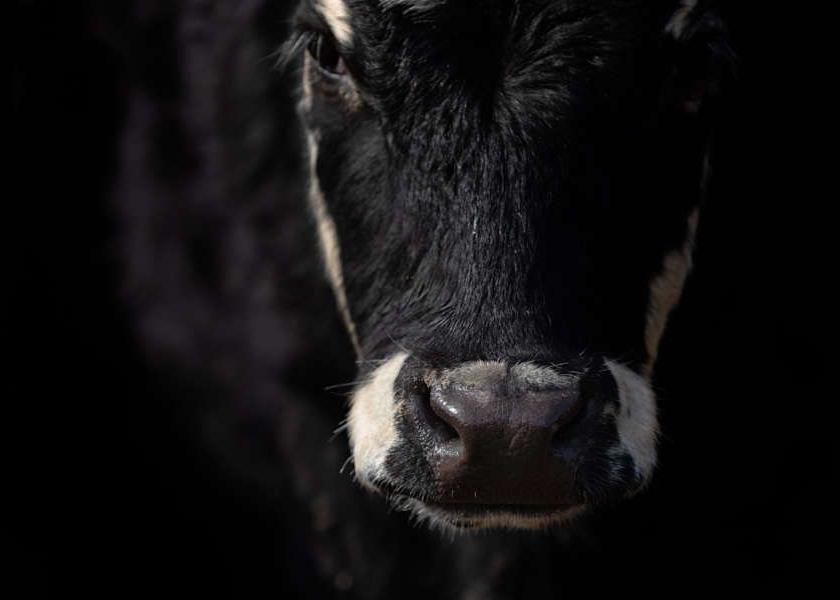In recent years, researchers and veterinarians have noted an increasing incidence of feedlot cattle affected by untreatable and fatal congestive heart failure, a condition known as feedlot heart disease (FHD).
The Foundation for Food & Agriculture Research’s (FFAR) International Consortium for Antimicrobial Stewardship in Agriculture (ICASA) is awarding a $433,720 grant to Colorado State University and RTI LLC to reduce the risk of this disease in feedlot beef cattle by improving methods to identify affected animals, understand the genetic underpinnings of the disease and develop mitigation strategies for the condition. In-kind support and matching funds are provided by Genus/ABS Global, Cactus Research, Veterinary Research and Consulting Services LLC and Hy-Plains Education and Research Center for a total award amount of $998,398.
Beef cattle feeding operations in the United States supply about 21 percent of beef globally. The cattle in these feedlots have been selected over time for increased production levels (growth and marbling) to meet consumer demand. The incidence of FHD has increased in recent times with production levels. Currently, the causes of FHD are unknown, making it difficult for producers to address the issue.
Animals experiencing FHD often exhibit symptoms similar to respiratory disease, which is traditionally treated with antibiotics. However, unlike many respiratory diseases, FHD does not respond to antibiotic treatment. Thus, correctly identifying whether animals are affected by FHD, or respiratory disease will help ensure the appropriate use of antibiotics.
“Feedlot heart disease is not only a concern for animal health and welfare, but also producer economics,” said Dr. Tim Kurt, scientific program director at FFAR. “This research is essential to better understanding feedlot heart disease and providing producers with the tools and information they need to get to the root of this challenge.”
Led by Dr. Scott Speidel of Colorado State University, researchers are developing metrics to identify FHD in cattle. Preliminary data suggests that about 30 percent of animals in the current study are experiencing FHD by the time of harvest.
Researchers are collecting data from cattle to analyze the relationship between pre- and post-weaning performance and feedlot heart failure. These data and results will provide cattle feeders recommendations to better identify and manage cattle that are predisposed to FHD and enable more accurate administration of antibiotics for only those cattle that would benefit from it.
Results from this study will equip producers with the information and tools needed to identify which beef cattle are most likely to be affected by feedlot heart disease and adapt selection and management techniques to reduce its occurrence. Ultimately, this research will improve sustainability of beef production through increased animal welfare, the reduction of disease incidence and reduced use of antibiotics.
“This grant enables us to conduct critical research that has the potential to reduce feedlot mortality and improve overall animal welfare and performance,” said Speidel. “It’s a win-win in terms of enhancing animal welfare and supporting producers.”
FFAR created ICASA in 2019 to facilitate research that promotes the judicious use of antibiotics, advances animal health and welfare and increases transparency in food production practices. ICASA improves antibiotic stewardship by building cross-sector partnerships among participants representing all stages of the US livestock supply chain.














